Ex-US Security Officials Urge Science Funding to Counter China’s Tech Advancements
A group of former U.S. national security officials, including Chuck Hagel, former defense secretary, and two senior figures from Donald Trump’s first term, have called on Congress to boost federal funding for scientific research. Their appeal comes amid concerns that China is surpassing the U.S. in key technological fields and reports that the National Science Foundation (NSF) is facing deep budget cuts.
The officials’ plea follows last week's layoffs of 170 NSF employees, a move prompted by Trump’s directive to shrink the federal workforce. While an NSF spokesperson declined to comment on reports suggesting hundreds more job losses and potential multi-billion-dollar budget reductions, the former officials are urging lawmakers to fully fund the NSF with the $16 billion authorized for fiscal year 2025.
In a letter addressed to Trump, Senate Majority Leader John Thune, and House Speaker Mike Johnson, the officials warned of the national security risks posed by China’s rapid advancements in research and development. “China is making significant strategic investments in basic and applied research, positioning the country to outpace us in critical areas that could determine the outcome of future conflicts,” they wrote. “This is a race that we cannot afford to lose.”
The letter particularly emphasized the importance of the NSF’s Technology, Innovation, and Partnerships (TIP) Directorate, established in 2022 to bridge the gap between scientific research and real-world applications vital for U.S. military and economic competitiveness. However, TIP has been hit hard by the workforce cuts, with 21 staff members—more than 20% of its personnel—laid off last week. Nearly 20% more are temporary federal employees who could also be at risk.
Citing data from the Australian Strategic Policy Institute, the officials highlighted China’s dramatic leap in global technology leadership. While the country led in just three of 64 critical technologies from 2003 to 2007, by 2023, it had taken the lead in 57.
Signatories of the letter include Chris Miller, acting defense secretary during Trump’s first term, and Doug Fears, former homeland security adviser. Their message underscores growing bipartisan concerns that U.S. scientific research funding must keep pace with global competitors to safeguard national security and technological leadership.





















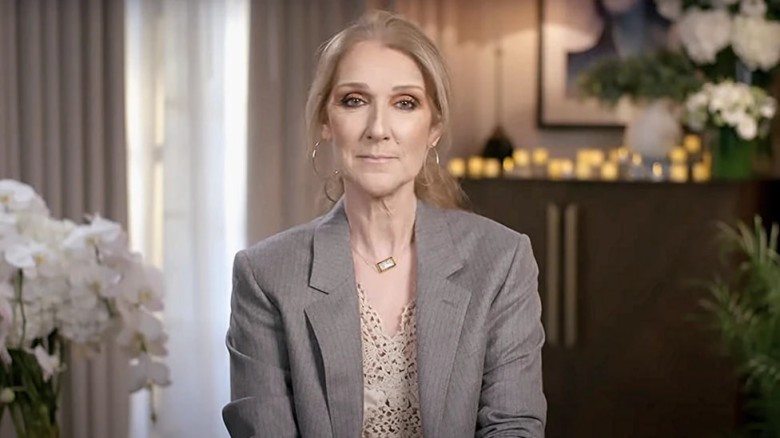




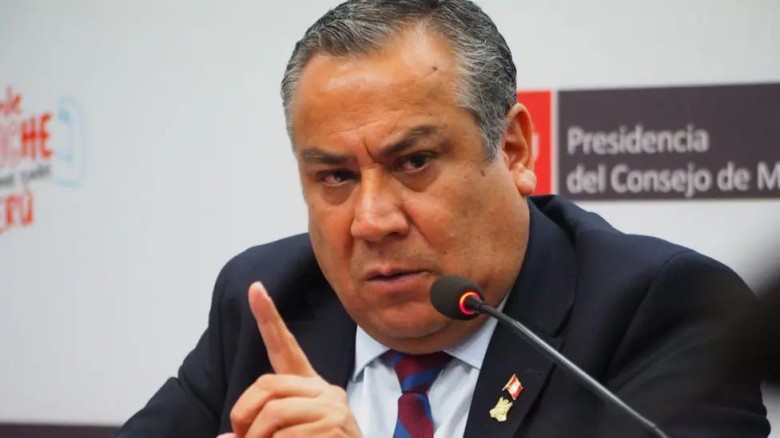






















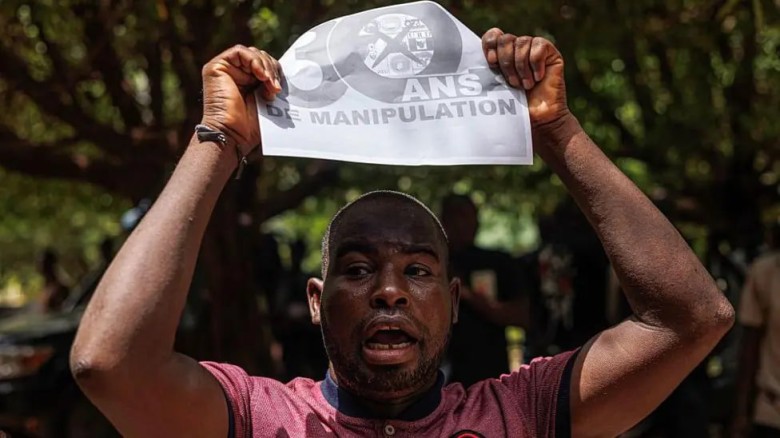


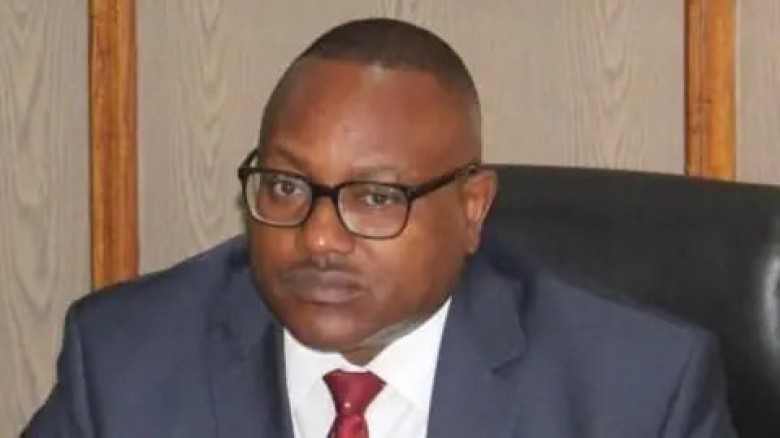

















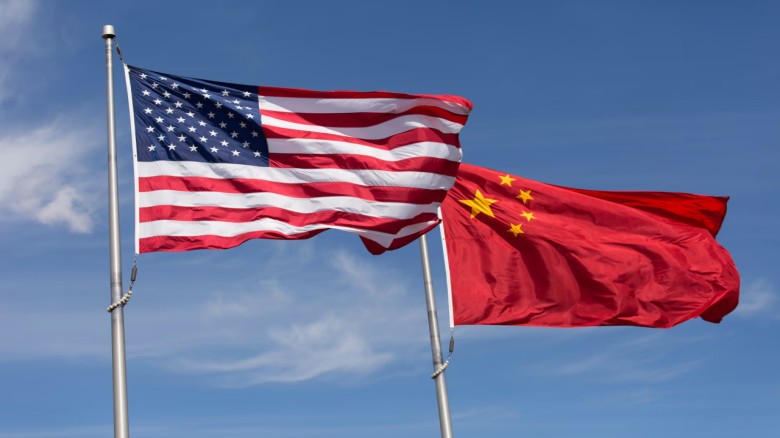


Leave A Comment